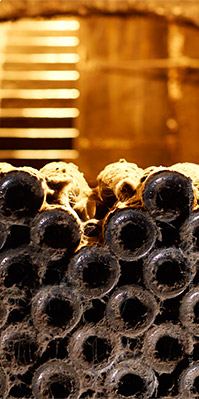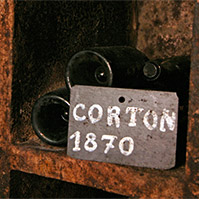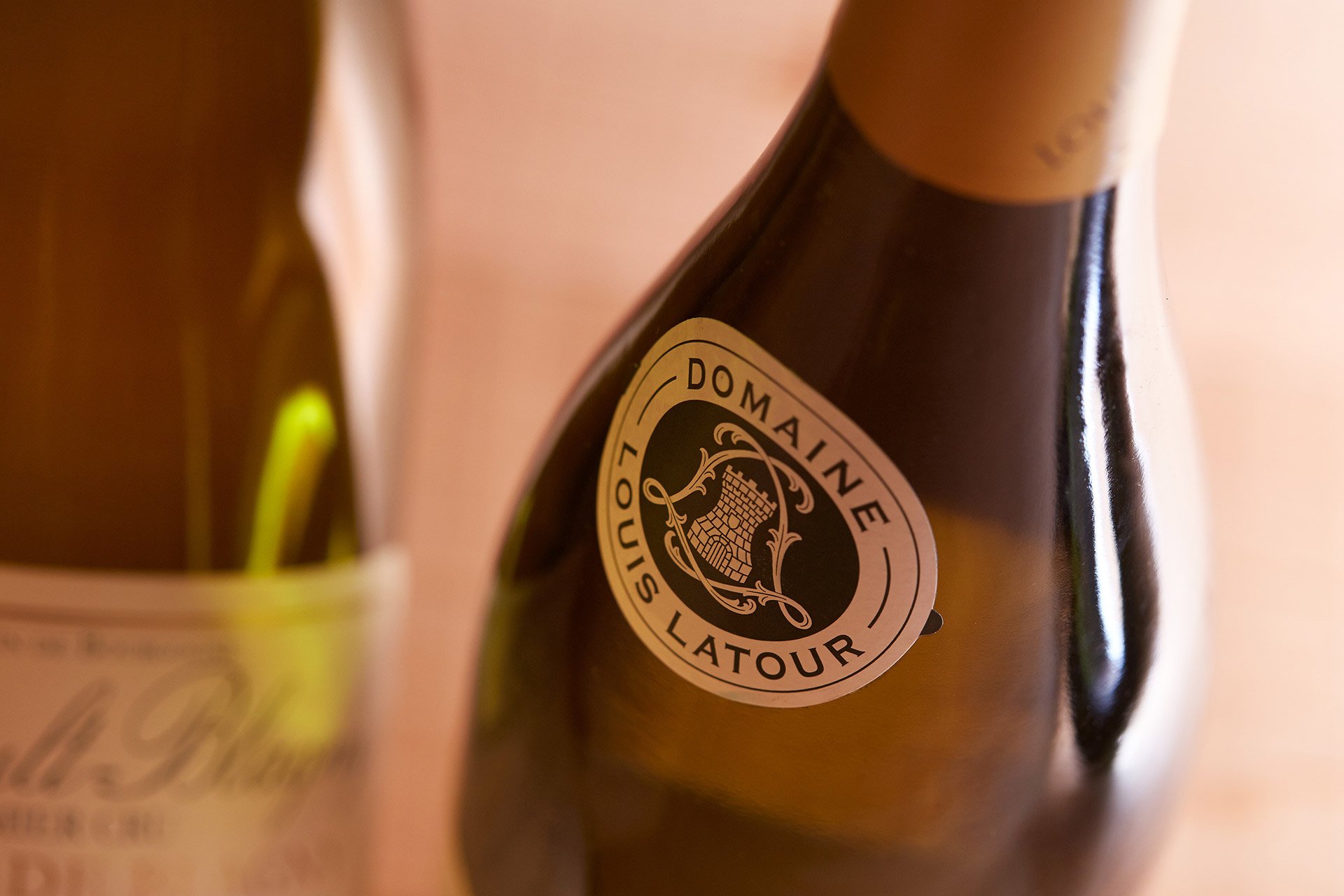Wine Storage & Cellaring
The perfect wine cellar is buried, with a constant temperature of 12 degrees, a naturally high humidity of 70% and has a packed earth floor covered with gravel. This ideal cellar is unfortunately very rare. However, certain factors must absolutely be taken into account in order to keep one's wine in good condition:
Temperature plays a key role, as it determines the rate of evolution of bottled wine. The higher it is, the more quickly the wine evolves. But more than the temperature itself, it is the temperature variation that has the most impact. Any rapid temperature variation is bad for wine. A slower, but moderate variation - avoid exceeding 19 ° C - will not be harmful. A cellar at 12°C/ 54°F constant is really only important if you want to keep your treasures for years, as the temperature permits a very slow maturation.
Humidity is another key factor for optimal conservation. A cellar that is too dry is actually detrimental to keeping bottles and causes permanent damage. If the humidity is too low, ie below 70%, the corks will dry out and wine will evaporate causing lower levels in bottles and premature oxidation. High humidity is never harmful to the wine, it will only effect the labels!
"Taste of light" or unacceptable aromatic deviance, can be caused with too much light exposures and this is especially true for white wines. A cellar must remain as obscure as possible and equipped with low-intensity bulbs.
Finally, your wine should not be subjected to shocks or vibration as they wake bacteria that affect the quality of wine, and ultrasound can dissolve colourant's or tannins.
When are wines ready to drink? This is a question frequently asked. Besides its initial potential, the shelf life of wine depends essentially on storage conditions. In a perfect cellar, as described above, the wines age much more slowly than in a room at 15°C and a bit dry. It is therefore important to assess the quality of his cellar and regularly monitor the condition of the bottles that are cellared. There is no age limit and it is not uncommon that some old bottles of over a hundred years still show incredible youth. However, it is also a matter of personal taste, though some like the wines that develop tertiary aromas after long aging, others prefer wines younger because they have fresher aromas and flavours that are fruit driven.


